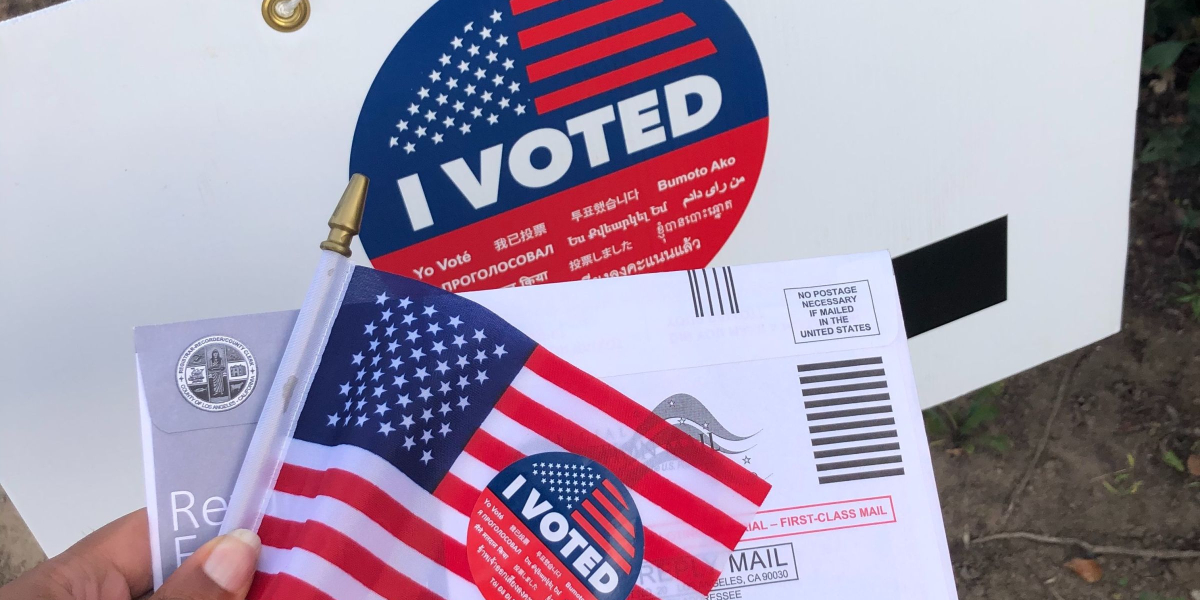“The Synergy of Family Law and Estate Planning: Why You Need an Attorney for Comprehensive Prenuptial Agreements”
Prenuptial agreements, often associated with financial security and asset protection, can be complex legal documents that benefit greatly from the collaboration of family law and estate planning attorneys. This article explores the advantages of having an attorney’s guidance in crafting a comprehensive prenuptial agreement and why the intersection of these legal fields is crucial for individuals considering such agreements.
The Role of Family Law and Estate Planning Attorneys
When entering into a prenuptial agreement, individuals are essentially outlining the financial and property arrangements in the event of a divorce or the death of one spouse. This involves intricate legal considerations that can greatly impact both parties. Here’s how attorneys from family law and estate planning can assist:
1. Tailored to Your Unique Situation:
Family law attorneys specialize in matters related to marriage, divorce, and child custody. They understand the intricacies of state laws and can tailor the prenuptial agreement to your unique circumstances. This ensures that your agreement is legally sound and takes into account your specific needs and concerns.
2. Protecting Your Assets:
Estate planning attorneys excel in safeguarding assets and planning for the future. They can help you incorporate provisions in the prenuptial agreement that protect your individual and family assets, ensuring that they are distributed according to your wishes in the event of a divorce or death.
3. Reducing Legal Ambiguity:
Ambiguity in legal documents can lead to disputes and complications down the line. Attorneys from both fields work together to draft clear and precise language in the agreement, minimizing the risk of misunderstandings or legal challenges in the future.
4. Navigating Complex Financial Matters:
Combining the expertise of family law and estate planning attorneys is particularly beneficial when dealing with intricate financial matters such as business interests, investments, or substantial assets. They can help you structure the agreement in a way that addresses these complexities effectively.
5. Ensuring Compliance with Legal Requirements:
Both family law and estate planning attorneys are well-versed in the legal requirements and formalities necessary for prenuptial agreements to be enforceable. They can guide you through the process, ensuring that all legal standards are met.
6. Preparing for Unforeseen Events:
Life can be unpredictable, and circumstances may change over time. Attorneys can help you draft provisions in the prenuptial agreement that address unforeseen events, providing flexibility and protection for both parties.
7. Fostering Open Communication:
Collaborative efforts between family law and estate planning attorneys can facilitate open communication between the couple. They can help mediate discussions and negotiations, promoting transparency and a better understanding of each party’s expectations and concerns.
8. Addressing Spousal Support and Inheritance:
Prenuptial agreements often touch upon issues related to spousal support and inheritance rights. The expertise of both family law and estate planning attorneys ensures that these critical aspects are carefully considered and appropriately addressed.
The Value of Legal Guidance
In the realm of prenuptial agreements, collaboration between family law and estate planning attorneys is invaluable. Their combined expertise ensures that your agreement is comprehensive, legally sound, and tailored to your unique situation. Whether you seek to protect assets, plan for the future, or address complex financial matters, having experienced attorneys by your side can provide peace of mind and clarity in a potentially delicate legal process.
While no one enters a marriage expecting it to end, the foresight to create a well-structured prenuptial agreement can ultimately protect both parties’ interests and reduce the potential for conflicts and uncertainties in the future. Consulting with attorneys who specialize in family law and estate planning is a prudent step toward achieving these goals and ensuring a solid foundation for your marital journey.











